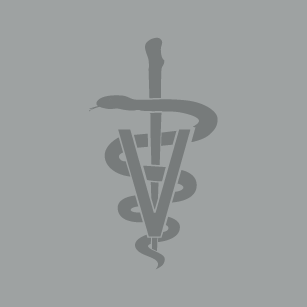The majority of the externship is spent with the SCWDS Diagnostic Service, assisting in investigating causes of death in a variety of wildlife species, the majority of which are mammalian and avian. This includes activities such as performing necropsies, collecting and processing diagnostic samples, presenting cases at rounds, and writing portions of diagnostic reports.
In addition, all SCWDS externs write and present several, small externship projects focused on wildlife health, in line with the mission of SCWDS and the interests of our state and federal agency partners. Topics are generally chosen soon after the extern’s arrival and culminate in short, weekly oral presentations and written project at the end of the externship. The student will also be expected to respond to questions pertaining to assigned study materials and daily cases.
Although often limited, when field experiences are available, participation will be required. The externship program is a team-teaching effort, and the extern will be assigned to various staff members during the program.
Externs are also encouraged to interact with SCWDS faculty, staff, and graduate students, as well as neighboring Dept. of Pathology, as motivated by their own professional interests and goals.
